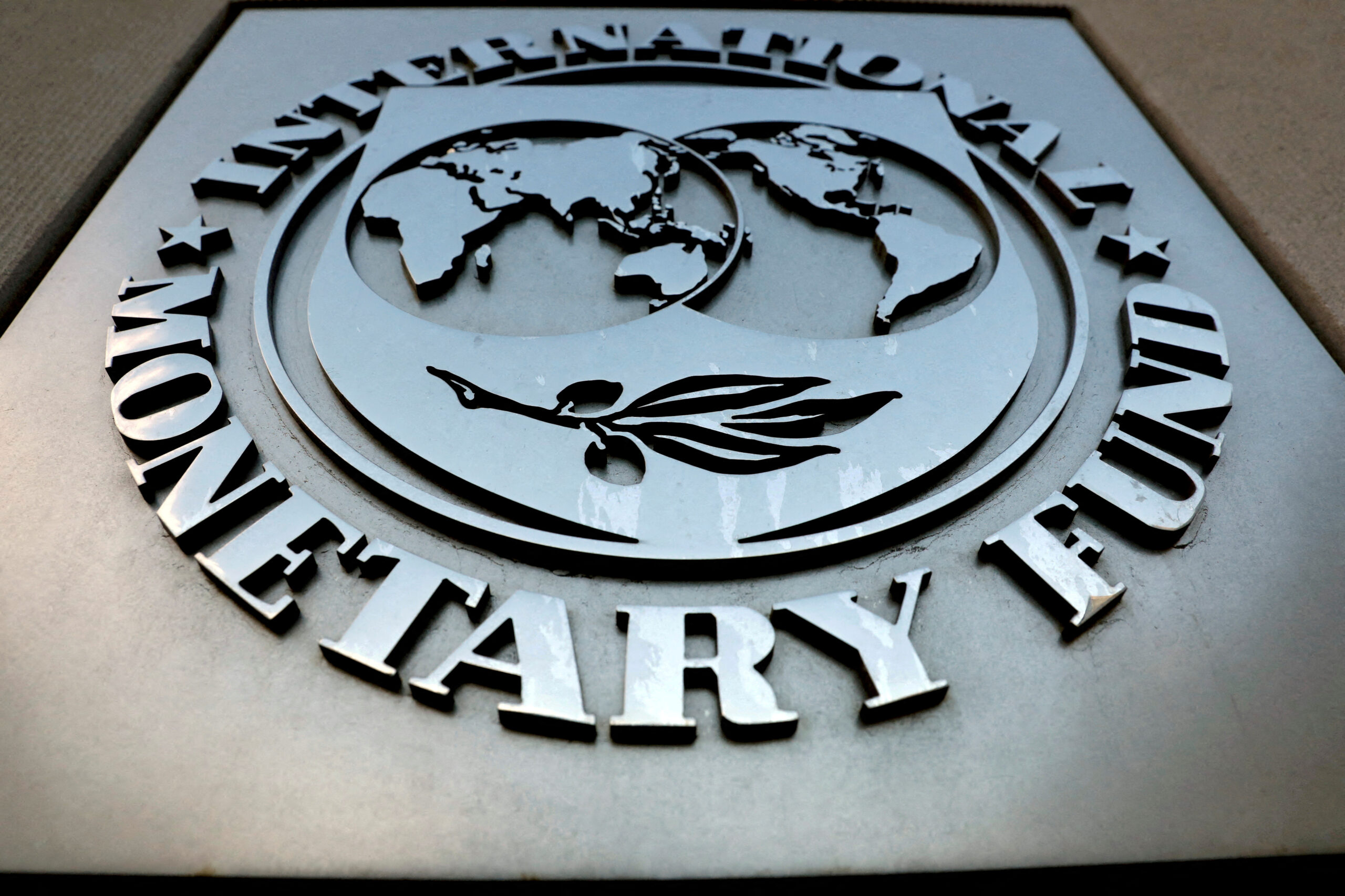IMF reverts to original 6% growth forecast for PH

The International Monetary Fund (IMF) logo is seen outside the headquarters building in Washington, U.S., September 4, 2018. REUTERS/Yuri Gripas/File Photo
MANILA, Philippines — The International Monetary Fund (IMF) has revised its growth forecast for the Philippines for the second time this year, saying it would now grow by just 6 percent amid weaker-than-expected household consumption and investments.
IMF mission chief Elif Arbatli-Saxegaard said during a press conference on Monday that household spending and investment figures fell below what was anticipated in the January to March period, forcing them to revise anew the 6.2 percent forecast made in April.
The latest projection meant the IMF backtracked to its original position in January when it said the country’s gross domestic product (GDP), or the sum of all goods and services produced within the country, would grow 6 percent.
“Our conjecture is that maybe it has to do again with the uptick in inflation in [the first quarter],” she said during a press conference at the Bangko Sentral ng Pilipinas complex in Manila.
READ: IMF: Outlook for world economy brighter, though still modest
The first few months of 2024 saw inflation heat up, forcing households to tighten their belts and businesses to limit their spending.
Still, Saxegaard believes the Philippine economy would continue to perform well despite external challenges and the continued policy tightening.
Turning point
The IMF official said the turning point would be in 2025, with the country expected to grow 6.2 percent, citing stronger consumer demand, higher public and private investments, and a recovery in exports.
Inflation is expected to decline further to 3.4 this year, painting a rosier outlook than its April projection of 3.6 percent.
“Price inflation will come down faster due to the recently announced lower import tariffs on rice,” she said, albeit under the assumption that the measure would be implemented during the second half of the year.
READ: Gov’t slashes tariff on rice imports to help cut local prices
Last week, the National Economic and Development Authority announced that tariffs on rice imports would be reduced to 15 percent from 35 percent to help bring down the price of the staple food to P29 a kilo.
She added inflation risks remained amid geopolitical tensions and volatilities in the cost of goods.
Saxegaard said the BSP should continue to maintain a sufficiently restrictive policy stance to firmly anchor inflation expectations. INQ
